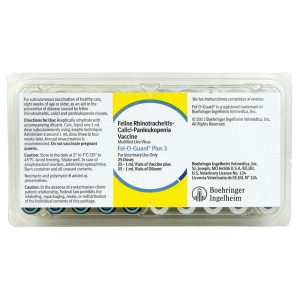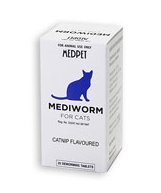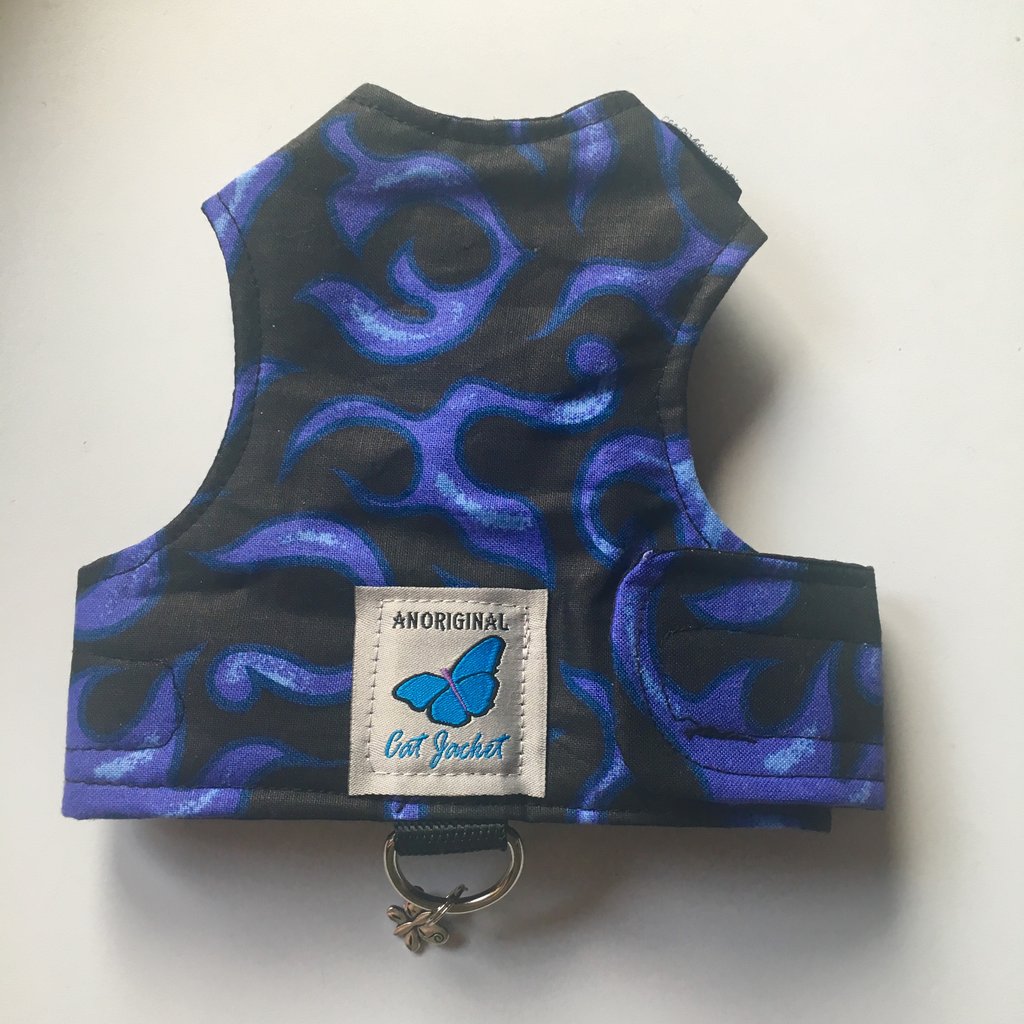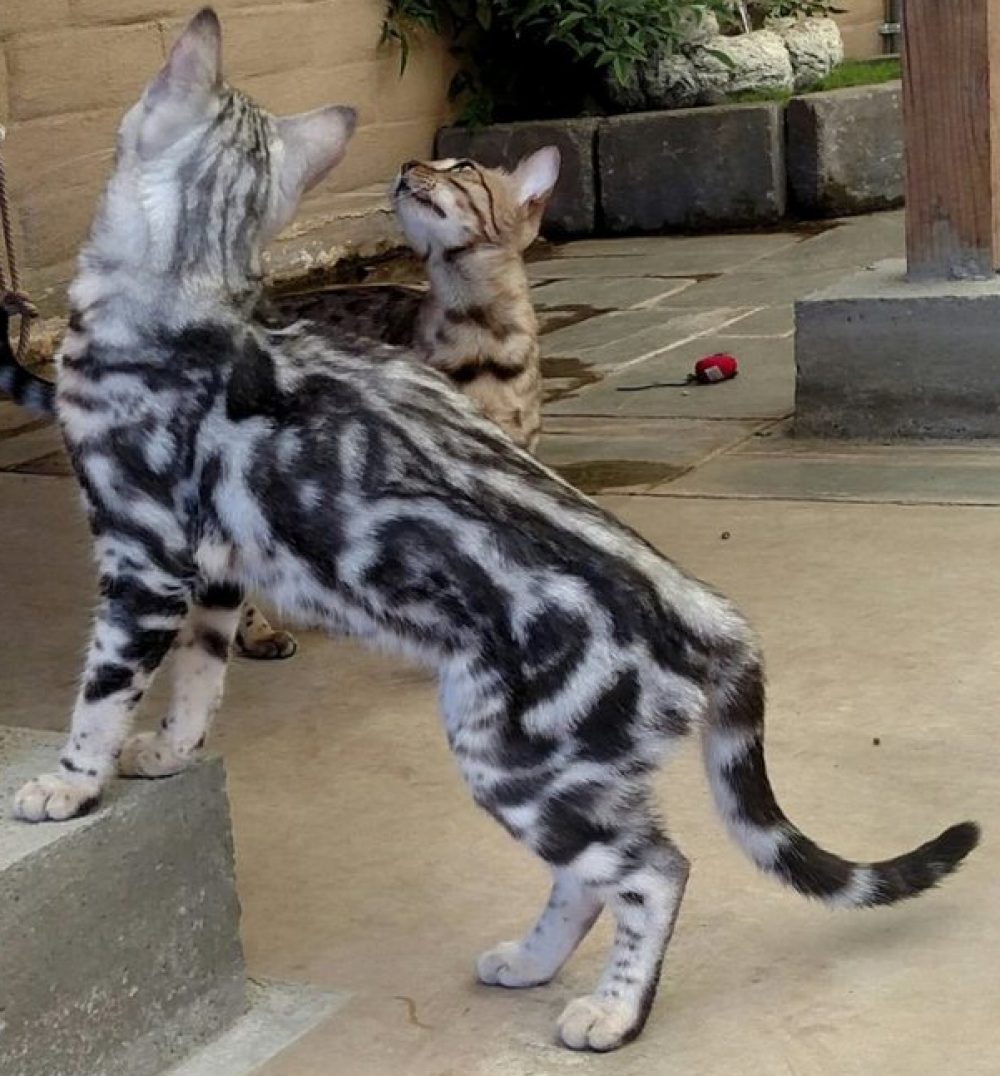Our cats are our family, and, as such, we safe guard their health and wellness just like any parent would.
We are a “closed cattery” meaning that we do not breed to outside males or females, this insures that no disease or parasites are brought into our facility.
All of our breeding cats are tested for PK Deficiency
(PK Deficiency) in Felines
Erythrocyte Pyruvate Kinase Deficiency (PK Deficiency) is an inherited hemolytic anemia caused by insufficient activity of this regulatory enzyme which results in instability and loss of red blood cells. The anemia is intermittent, the age of onset is variable and clinical signs are also variable. Symptoms of this anemia can include: severe lethargy, weakness, weight loss, jaundice, and abdominal enlargement. This condition is inherited as an autosomal recessive. (Courtesy of UC Davis)
All of our breeding cats are tested for Bengal PRA
The Veterinary Genetics Laboratory at the University of California – Davis and the Lyons Feline Genetics and Comparative Medicine Laboratory at the University of Missouri announce the release of the new genetic test for progressive retinal atrophy (PRA), which causes an autosomal recessive blindness in Bengal cats. The disease causes the destruction of the cells that register light (photoreceptors) in the back of the eye (the retina). The loss of the cells begins around 7 weeks of age and slowly progresses until the cat has very compromised vision by approximately 2 years of age1. However, blindness develops at different rates in different cats. We have examples of cats over 2 years of age chasing a laser pointer; however vision testing by an ophthalmologist indicated that the cats should be blind. Blind cats tend to have more difficulty at night, sometimes becoming more vocal and more attached to their owners. The pupils are usually more dilated for affected cats than for cats with normal vision in the same lighting conditions. Affected cats also tend to carry their whiskers in a more forward position. Once affected cats know their surroundings, they are very mobile and active. Our thanks to the breeders who came forward and helped us establish a colony so that we could define the condition and find the gene responsible for this defect. (Courtesy of UC Davis)
We vaccinate all of our cats on a consistent yearly schedule, with all kittens receiving their first immunizations at 6 weeks. All kittens will have 3 immunizations before going to their new homes. We use :
Fel-O-Guard Plus 3 – feline rhinotracheitis, calici and panleukopenia viruses.
We de-worm every 6 months with Medi-worm for cats. Very safe and effective for round, whip, hook and Tapeworm


I would also love to share with you the very best cat harness out there for walking your Bengal! The company is called – BUTTERFLY CAT HARNESSES. They are handmade and spectacular, no escaping at all and the harnesses are so comfortable with a huge variety of styles!!
The link to their website : https://www.butterflycatjackets.com/

